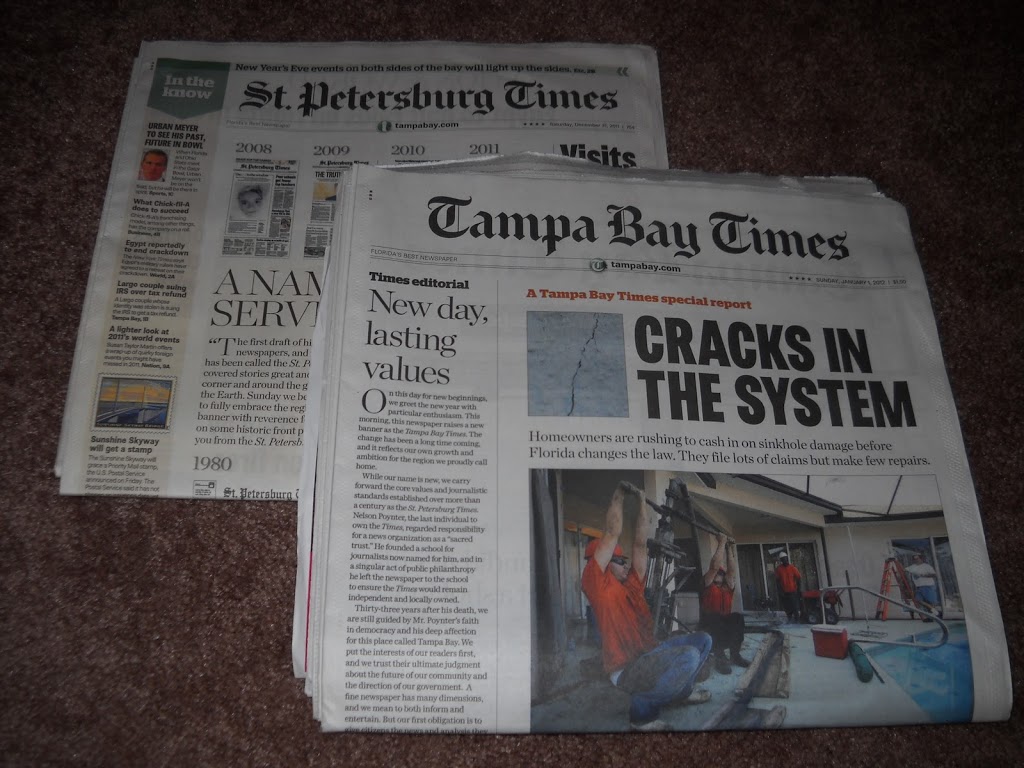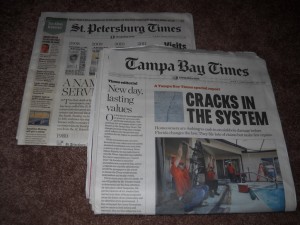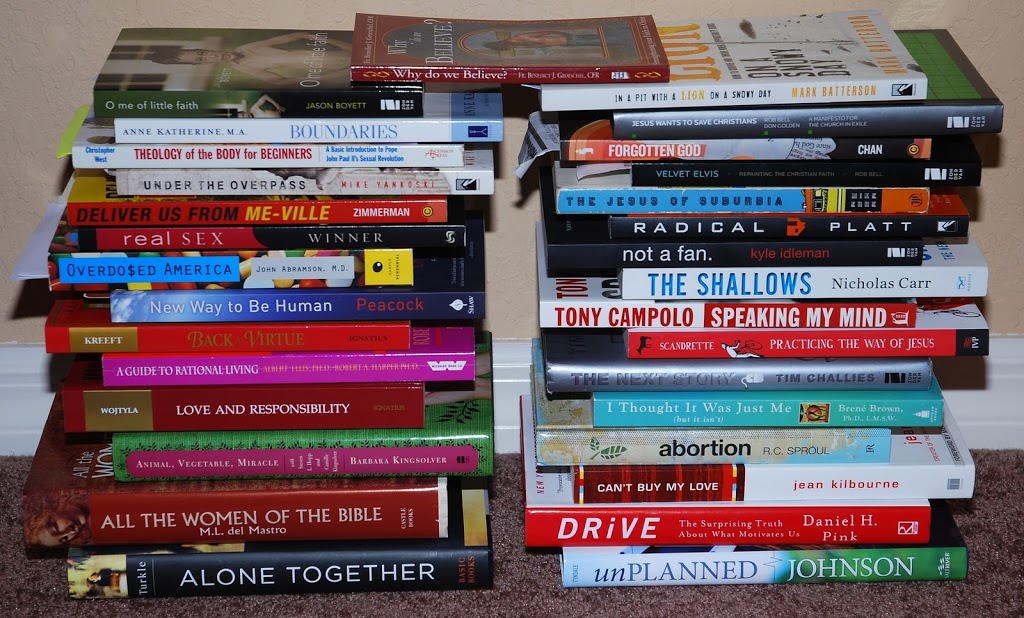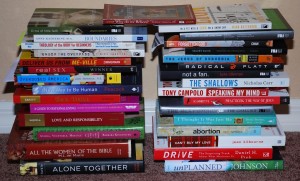There are a lot of impassioned speeches I’d shout to the general public, given an opportunity and a megaphone.
One of them is about relationships.
“Love,” I’d say, “if we love like Jesus loves, is unconditional. It is patient,” I’d say, “and kind.” And I’d quote the rest of
1 Corinthians 13:4-8. “And in our culture,” I’d add, “
we suck at it.“
Because we are egocentric.
We are egotistical.
We don’t think (or pray) before we act or speak.
Our attitudes imply “I’ll love you if…” and we are unaware (or unwilling to admit) that our love is conditional (and therefore, that it isn’t love).
In an ideal world, if a man or a woman saw some of this in him or herself, the awareness of it would compel him or her to change his or her thoughts and modify his or her behaviors until he or she becomes a better love-er. Only we aren’t in an ideal world, so rarely does a guy or girl see it. And if one sees it, rare is it that he or she sees that something is wrong with it. And the result is dysfunction.
Dysfunction, however, is not an experience saved solely for the people who have tied the knot for the wrong reasons. Dysfunction is also a result of human nature (and it is multiplied when humans interact). It is a reality that can (and will) encroach on any relationship — even the ones rooted in real love — because even when we really do love, we are still human.
Still egocentric.
Still egotistical.
You catch my drift.
But in his book The 5 Love Languages, Gary Chapman — a pastor, therapist and author — says that despite our human nature, we can love for real, and if we already do love, we can love better. You know what I love?
His book! I read it last weekend.
Chapman’s theory goes a little like this: There are five love languages: words of affirmation, quality time, receiving gifts, acts of service and physical touch. A love language is what a person uses to express love. A person also feels loved when somebody else uses his or her love language. So let’s say Joe’s primary love language is receiving gifts (and let’s also say he has never read any of Chapman’s books). Whenever his wife gives Joe a gift, he feels loved by her. And Joe most often expresses his love for his wife by giving her gifts.
Which is awesome — except, because Joe (like all humans) is egocentric, what may not dawn on him is that his wife’s love language might not also be receiving gifts. And so while he implies “I love you!” with a gift, she does not infer “He loves me!” when she gets a gift. She certainly will appreciate receiving gifts from her husband, but her need to feel love coming from him probably won’t be fulfilled. In order for that need to be fulfilled, she needs for Joe to speak her love language.
“The important thing,” Chapman wrote on page 15 of the book, “is to speak the love language of your spouse.” And “Seldom,” he says, “do a husband and wife have the same love language.”
I think at the core of Chapman’s theory (these will be my words, not his) is the idea that love requires communication. It’s typical, for instance, for someone to expect his or her significant other to do XYZ without ever telling him or her that XYZ is what he or she needs (and it is typical, therefore, for him or her to take it personally when his or her significant other doesn’t deliver it). My hunch is that the desire to get what we need (or want) from a spouse, if and only if we can get it without asking, is directly related to how valued instant gratification is in our culture.
In a culture that values instant gratification, we don’t want to work. We believe a relationship should flourish independent of work. We believe a relationship is most worth our time when it is with someone for whom doing what we would like to see them doing is always… instinctual (which never actually happens).
But back to the book.
On page 32, Chapman points out that when a couple “falls out of love” (that is, the warm and fuzzies aren’t so constant), either “they withdraw, separate, divorce and set off in search of a new in-love experience, or they begin the hard work of learning to love each other without the euphoria of the in-love obsession.”
He goes on to prove that learning to love without the euphoria is not only possible, but worth it. Click
here to learn more about the book and click
here to learn your love language. Read on for some of my favorite quotes:
“Some couples believe that the end of the in-love experience means they have only two options: resign themselves to a life of misery with their spouse, or jump ship and try again. Our generation has opted for the latter, whereas an earlier generation often chose the former. Before we automatically conclude that we have made the better choice, perhaps we should examine the data. … Research seems to indicate that there is a third and better alternative: We can recognize the in-love experience for what it was — a temporary emotional high — and now pursue ‘real love’ with our spouse. That kind of love is emotional in nature but not obsessional. … Our most basic emotional need is not to fall in love but to be genuinely loved by another, to know a love that grows out of reason and choice, not instinct.” -pages 32 and 33
“The object of love is not getting something you want but doing something for the well-being of the one you love.” -page 39
“A key ingredient in giving your spouse quality time is giving them focused attention, especially in this era of many distractions … A wife who is texting while her husband tries to talk to her is not giving him quality time, because he does not have her full attention.” -page 59
“Sometimes body language speaks one message while words speak another. Ask for clarification to make sure you know what she is really thinking and feeling.” -page 63
“Each of us must decide daily to love or not to love our spouses. If we choose to love, then expressing it in the way in which our spouse requests will make our love most effective emotionally.” -page 100
“You see, when an action doesn’t come naturally to you, it is a greater expression of love.” -page 139
“Love … creates a climate of security in which we can seek answers to those things that bother us… (A) couple can discuss differences without condemnation. Conflicts can be resolved. Two people who are different can learn to live together in harmony.” -page 144




